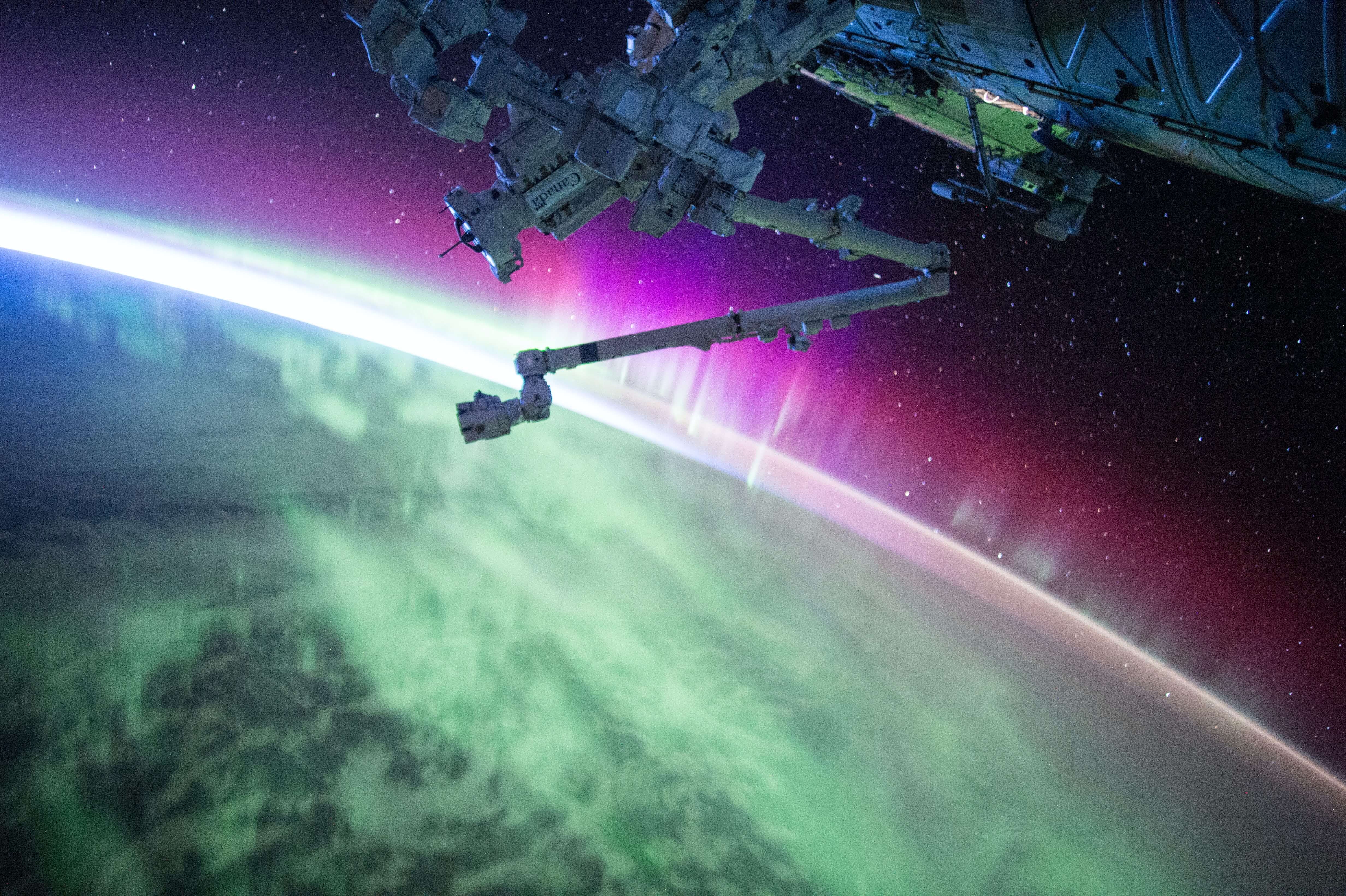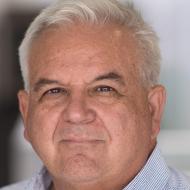SmartSpace: the new frontier

Worth an estimated $1 trillion over the next 20 years, the global space industry offers 'limitless' opportunities for careers, investment, innovation, and helping to tackle some of the world's biggest challenges. But it needs public and private sectors to work collaboratively, improve regulation, share risk, and apply expertise in tech.
That was a key finding of senior leaders from the global space industry, who discussed how the sector had shifted - from being viewed as state-dominated, and aiding the development of nuclear weapons - to a means of making the world a better place.
The event was hosted by Marc Ventresca, Associate Professor of Strategic Management and the debate was moderated by Lucas Kello, Associate Professor of International Relations at Oxford and an expert in space, and cyber governance.
Greg Autry, Vice President of Space Development, and Board member at the National Space Society; Renee Rottner, Assistant Professor UC Santa Barbara, and expert in NASA innovation; Lucy Edge, Chief Operating Officer of Satellite Applications Catapult; Dan Sola, space entrepreneur, and associate fellow Eamonn Molloy were on the panel.
According to Kello, the latest way of thinking, dubbed 'smart space,' recognises that public and private sector organisations, such as SpaceX, are now interdependent. He added that both must work collaboratively in a traditionally risk-adverse industry, to advance innovations, commercial space travel, and horizontal launches – where spacecraft gain speed on land before launching.
Sola agreed, adding that at present, no private sector company would want to be the first to take on the potentially-significant risks posed by any major project failure. Entrepreneurs would need support from bigger agencies, he said.
Kello added that the space industry also faces a funding challenge. Venture capitalists usually seek to fund and gain returns on investments over time frames of between three to five years – a model that does not always work in the space industry, which can move more slowly.
Autry blamed investment challenges on a lack of regulation within the global space industry, claiming that 'no-one wants to invest in something that might be regulated out of existence in the future.'
He added that the world's main space treaty was written in 1968, during the Cold War, and does not include provisions for the emerging commercial issues. Without new regulation, it is unclear who should resolve commercial conflicts between operators, said Autry. He recommended that every country develop a defined regulatory environment to help space operators attract investment.
According to Rottner, a further challenge is that NASA operates on an annual budget cycle, which hinders efforts to plan long-term strategic projects. It may be time to consider completely different mechanisms, timelines, and incentives, she said.
Edge said that the Satellite Applications Catapult is already on that path - helping to 'create a better world,' by using advanced satellite technology and big data to tackle commercial and humanitarian challenges.
In Cornwall, teams have gathered satellite imagery, and overlaid 'terrestrial' information such as historic mining maps to identify potential commercial mining sites for lithium, she said. Other projects will inform where to plant crops and site populations in light of climate change, and improve information about the provenance of food sold in supermarkets.
Reflecting on the series of innovations and opportunities, Kello said that the space sector now offers exciting and sustainable career options for the next 20 years.




